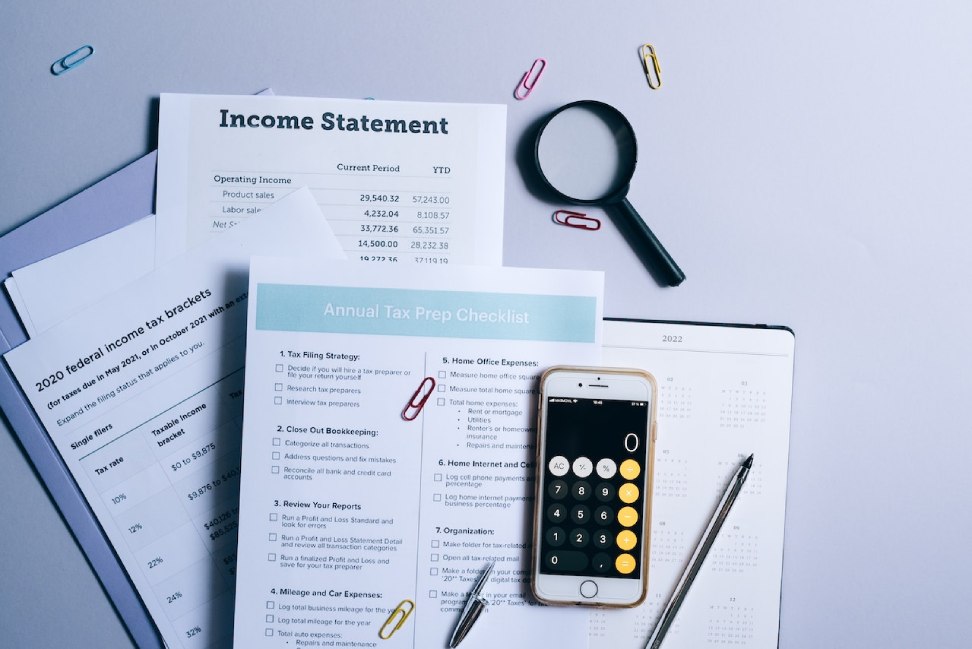Managing payroll records is a crucial aspect of running a business, ensuring compliance with legal regulations, and maintaining accurate financial records. However, many business owners often wonder how long they should retain these records. In this comprehensive guide, we’ll delve into the intricacies of payroll record retention, highlighting the importance of proper record-keeping and shedding light on the duration for which you should maintain these records.
Importance of Payroll record-keeping

Before delving into the specifics of how long to keep payroll records, let’s first understand why maintaining accurate payroll records is essential for businesses of all sizes. Payroll records serve several critical functions, including:
- Compliance: Adhering to various federal, state, and local regulations regarding wages, taxes, and employment is not just important, it’s crucial. Accurate payroll records are your shield against legal issues and penalties, making non-compliance a risk you can’t afford to take.
- Tax Reporting: Properly maintained payroll records facilitate accurate tax reporting, including income tax withholding, Social Security, and Medicare taxes. These records provide necessary documentation during audits or tax inquiries.
- Employee Documentation: Payroll records contain vital information about employees, including compensation, benefits, and hours worked. This information is valuable for resolving disputes, calculating benefits, and providing documentation for loans or mortgages.
- Financial Analysis: Detailed payroll records are not just numbers, they are a treasure trove of insights into your labor costs, employee productivity, and overall financial performance. By using this data, you can make informed decisions that can significantly impact your business’s success.
Given the multifaceted role of payroll records, it’s evident that proper record-keeping is indispensable for businesses seeking to operate efficiently and compliantly. Now, let’s explore the specific guidelines for retaining payroll records.
How Long Should You Keep Payroll Records?

The duration for which you should retain payroll records depends on various factors, including federal and state regulations, industry standards, and the type of record. Below, we outline the general guidelines for retaining common payroll records:
Employee Earnings Records:
Pay Stubs: Pay stubs, which detail employees’ earnings and deductions for each pay period, should typically be retained for three to seven years. These records are essential for verifying income and deductions and may be required during audits or legal proceedings. Utilizing a reliable paystub generator can streamline the process of generating and storing pay stubs electronically, ensuring accessibility and accuracy.
Wage Rate Records: Documentation of employees’ wage rates, including salaries, hourly rates, commissions, and bonuses, should be retained for at least three years. This information helps verify compliance with minimum wage laws and contractual agreements.
Tax Records:
Income Tax Withholding: Records of federal and state income tax withholding should be kept for at least four years after the tax due date or payment date, whichever is later. These records include Form W-4 (Employee’s Withholding Certificate) and related documentation.
Social Security and Medicare Taxes: Documents pertaining to Social Security and Medicare taxes, such as Form W-2 (Wage and Tax Statement) and Form 941 (Employer’s Quarterly Federal Tax Return), should be retained for at least four years.
Benefits Records:
Documentation related to employee benefits, such as retirement plans, health insurance, and paid time off, should be kept for the duration of the employee’s tenure plus at least six years. This ensures compliance with benefit plan requirements and facilitates administration and dispute resolution.
Unemployment Records:
Records related to unemployment taxes, including Form 940 (Employer’s Annual Federal Unemployment Tax Return), should be retained for at least four years after the due date or payment date, whichever is later.
Miscellaneous Records:
Other payroll-related documents, such as timecards, employment contracts, and wage garnishments, should generally be retained for at least three years.
While this guide provides a general framework for payroll record retention, it’s crucial to remember that specific retention periods may vary based on state laws, industry regulations, and individual circumstances. To ensure full compliance, we strongly recommend consulting with legal or financial professionals who can provide tailored advice for your business’s unique needs.
Best Practices for Payroll Record Keeping

In addition to understanding the recommended retention periods for payroll records, adopting best practices for record keeping can further enhance compliance and efficiency. Here are some tips to optimize your payroll record-keeping processes:
- Implement Electronic Systems: Embrace digital payroll systems and software to streamline record keeping, reduce paperwork, and enhance accuracy. Choose a reliable Free paystub generator and payroll software that offers robust features for generating, storing, and retrieving payroll records securely.
- Organize Records Effectively: Maintain a systematic approach to organizing payroll records, categorizing them by type, date, and relevance. Create a centralized digital repository accessible to authorized personnel, ensuring efficient retrieval and management of records.
- Regular Audits and Reviews: Conduct periodic audits and reviews of payroll records to identify discrepancies, errors, or compliance issues promptly. Regularly reconcile payroll data with financial statements and tax filings to ensure accuracy and integrity.
- Data Security Measures: Implement robust data security measures to protect sensitive payroll information from unauthorized access, breaches, or cyber threats. Utilize encryption, access controls, and secure backup systems to safeguard payroll records against potential risks.
- Training and Education: Provide training and education to payroll administrators and staff members on proper record-keeping practices, compliance requirements, and software usage. Promote awareness of regulatory changes and updates to ensure adherence to evolving payroll standards.
By incorporating these best practices into your payroll record-keeping processes, you can enhance efficiency, accuracy, and compliance while mitigating risks associated with inadequate documentation or record retention.
In Conclusion
Maintaining accurate and compliant payroll records is a fundamental aspect of business operations, ensuring legal compliance, financial transparency, and employee satisfaction. Understanding the recommended retention periods for various payroll records, utilizing reliable tools such as paystub generators, and implementing best practices for record keeping are essential steps toward achieving these objectives.
As businesses navigate the complexities of payroll management, prioritizing effective record-keeping practices can contribute to long-term success and mitigate potential risks associated with non-compliance or inadequate documentation. By staying informed, organized, and proactive in payroll record management, businesses can foster trust, efficiency, and accountability in their operations.
Remember, when it comes to payroll record keeping, diligence and attention to detail are key. By adhering to regulatory requirements, leveraging technology, and adopting best practices, businesses can ensure their payroll processes remain accurate, compliant, and efficient in the ever-evolving landscape of employment and finance.
Read Also:
- Unveiling Job Opportunities in Consumer Non-Durables
- Powering Your Wallet: Exploring Salaries in Public Utilities

